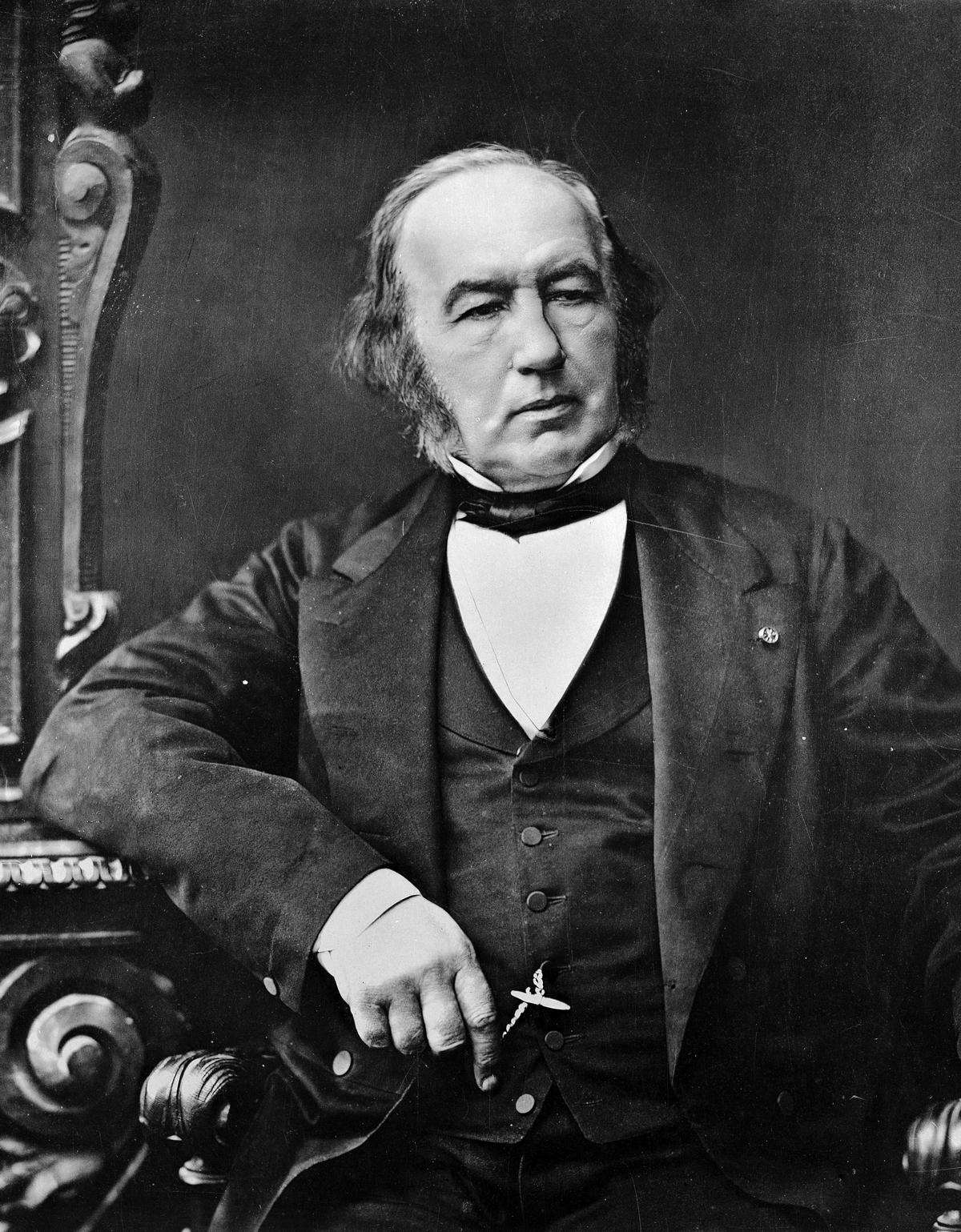Bernard together with his pupils.
| Photo Credit: Wellcome Collection gallery Wikimedia Commons
Do you understand what glycogen is? The saved kind of a easy sugar referred to as glucose, glycogen is a multibranched polysaccharide that serves as a kind of vitality storage amongst animals, fungi, and micro organism. The principal kind during which carbohydrates are saved in larger animals, glycogen is white, amorphous, and tasteless.
Glycogen was first remoted solely in the 1850s. French physiologist Claude Bernard, who made vital discoveries in a quantity of areas, was concerned each in the discovery of glycogen and its isolation.
Little formal training
Born in France on July 12, 1813, a lot of Bernard’s childhood noticed his household in debt following a failed enterprise by his father. With little alternative for training, Bernard learnt what he might and had no formal coaching in science.
By the time he turned 18, Bernard apprenticed at an apothecary and his days have been stuffed with mundane duties. He tried his hand writing a playlet and a historic drama, earlier than turning to medication in the mid-1830s when a literary critic suggested him to try this as a substitute of playwriting.

Portrait of Claude Bernard (1813-1878).
| Photo Credit:
WELLCOME LIBRARY, LONDON
After enrolling in the Faculty of Medicine in Paris, he was admitted as an extern in the hospitals. He studied beneath celebrated physician Francois Magendie and handed the examination for the internship. Noticing Bernard’s meticulous dissections, Magendie took him on as a analysis assistant.
Having turn into concerned in Magendie’s analysis, Bernard’s first publications served as a harbinger of kinds as a lot of his future analysis revolved round related topics. By 1847, Bernard turned Magendie’s deputy at the College de France.
Crucial discoveries
Beginning in 1846, Bernard made a quantity of essential discoveries himself. Having noticed by probability that few rabbits handed clear – not cloudy – urine like meat-eating animals, he deduced that they weren’t fed and have been subsisting on their very own tissues. He was capable of affirm his speculation and got here up with a significant discovery about the position of pancreas in digestion. Bernard realised that secretion of pancreas broke down fats molecules and that the essential processes of digestion passed off in the small gut, and not in the abdomen as was previously believed.
One led to a different and Bernard was quickly researching the liver, which led him to his second large discovery. Bernard found a white starchy substance – glycogen – in the liver and he introduced his discovery to the Academie des Sciences on September 24, 1855.
Bernard confirmed that glycogen was constructed up by the physique from sugar and that it served as a storage reserve of carbohydrates. This glycogen might then be damaged right down to sugars when wanted, making certain that the sugar stage in the blood remained fixed.
Breaks down and builds
This discovery by Bernard conveyed that the digestive system just isn’t solely succesful of breaking down advanced molecules into easy ones, however also can construct advanced molecules from easy ones. Bernard was capable of isolate and extract glycogen in a comparatively pure state by 1857, at about the similar time German physiologist Victor Hensen additionally independently remoted glycogen utilizing a distinct course of.
Bernard’s third vital contribution involved a proof of the regulation of the blood provide by the vasomotor nerves. He found that based mostly on surrounding temperature adjustments, the vasomotor nerves managed the dilation and constriction of blood vessels. This management mechanism reveals how the physique maintains stability whereas adjusting to altering exterior circumstances – a phenomenon referred to as homeostasis.
From being an unknown in the shadow of Magendie, Bernard rose to prominence in lower than a decade. Following Magendie’s dying in 1855, Bernard succeeded him as full professor at the College de France.
Bernard’s scientific curiosity, nonetheless, quickly shifted resulting from a quantity of causes. As a outcome of this modification, the diligent researcher became a thinker of science. His reflections resulted in a masterpiece in 1865, An Introduction to the Study of Experimental Medicine.
While this was presupposed to be a preface of a a lot better work, the latter was by no means accomplished. The Introduction, nonetheless, helped Bernard, who died in 1878, to get throughout the level that for medication to progress, it have to be based on experimental physiology.


